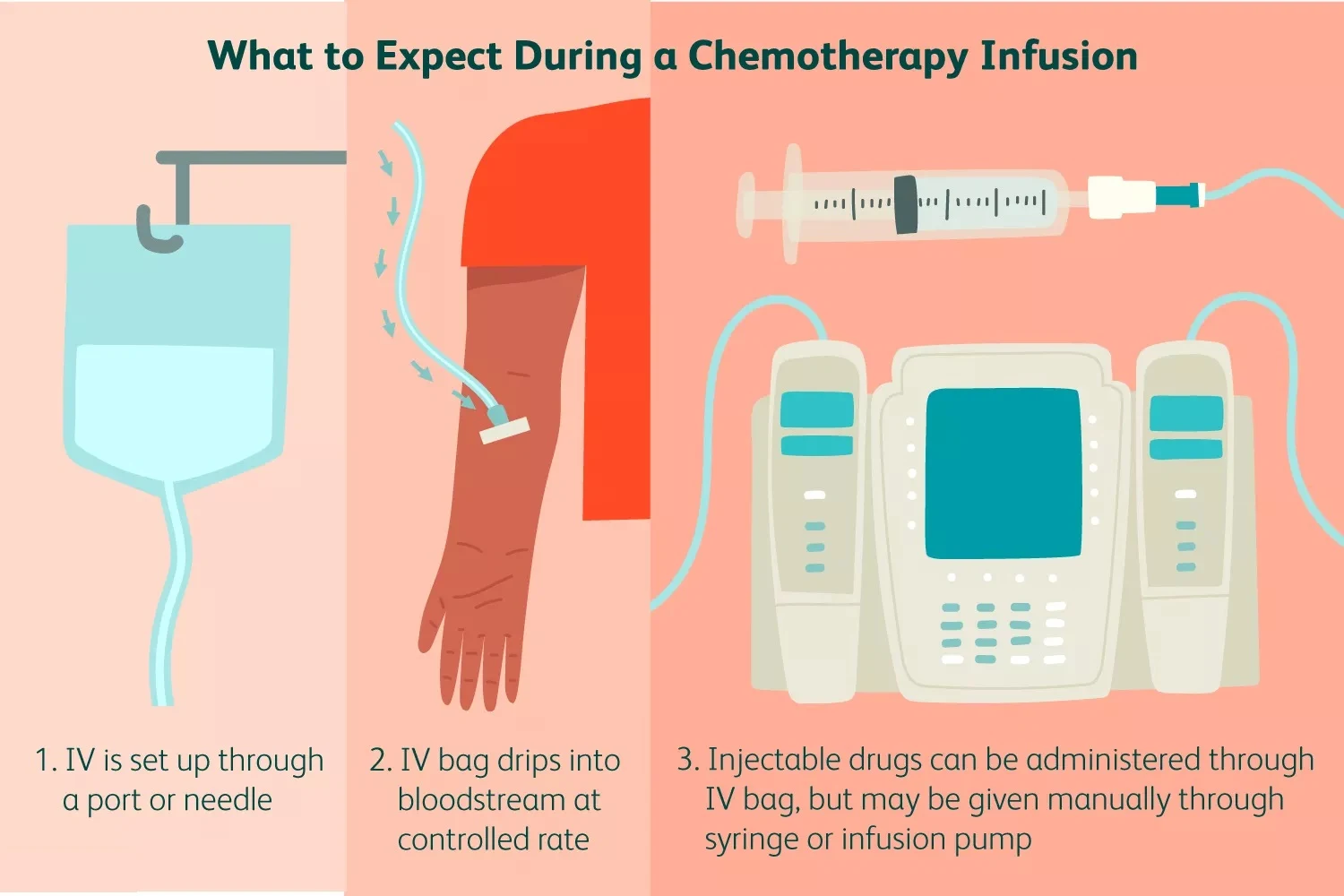Namibia's President Hage Geingob /NAMPA. Namibia's President Hage Geingob, 82, is flying to the US to receive "specialized...
 |
| Namibia's President Hage Geingob /NAMPA. |
It comes less than a week after his office said that medical tests revealed that he had "cancerous cells".The 82-year-old would receive "novel therapy" in the US for a week, before returning back to Namibia.
Vice-President Nangolo Mumba will be acting president during his absence. Concerns about Mr Geingob's health have been growing, with reports saying that he admitted last year that he had become frail. "You see how I'm standing here? It means I'm tired and I'm not feeling well," the privately owned Namibian newspaper quoted him as telling journalists.
Mr Geingob is due to step down at the end of his two terms later this year. In a statement on Tuesday, the vice president of the governing Swapo party, Netumbo Nandi-Ndaitwah, said Mr. Geingob was in "good spirits" and receiving "good medical attention".
She appealed to Namibians to allow Mr Geingob and his family to focus on his recovery and healing process without speculation. The president's office said he would return from the US on 2 February, and 95% of the treatment for the cancerous cells would be carried out in Namibia. Last week, it said that doctors had done a colonoscopy and a gastroscopy on the president. This was followed by a biopsy, which revealed cancerous cells.
His office did not give further details of Mr Geingob's condition but said at the time that he would continue with his presidential duties as normal until the end of his term. Mr Geingob underwent an aortic operation last year, and in 2014 he revealed that he had survived prostate cancer. Namibia is due to hold presidential and parliamentary elections in November.
Chemotherapy
Chemotherapy uses some powerful drugs to combat and manage cancer. Unlike localized treatments such as surgery or radiation therapy, chemotherapy is a systemic treatment that circulates throughout the body, targeting both cancerous cells and, to some extent, normal, rapidly dividing cells. Chemotherapy remains a cornerstone, widely used, and most affordable comprehensive care and treatment of cancer.
However, this type of medication has some severe side effects associated with the treatment, including nausea and vomiting, fatigue, hair loss, bone marrow suppression, etc. Weighing in on the side effects, cancer survivor Dr Kagiso Moloi pointed out that “we should remember that chemotherapy constitutes drugs that are put into one’s system. And since they are not targeted, they go through the rest of the person’s body.
 |
| Chemotherapy infusion for cancer treatment / Mayo Clinic. |
He added that radiation therapy is the preferred treatment method because it is directed to the point of infection. According to Dr Moloi, a colonoscopy is a procedure through which medical practitioners check for any abnormalities on the colon. A biopsy, whereby they cut a piece of the colon and take it to the laboratory for testing, is then done. The results depict one of four categories – TN1, TN2, TN3 and TN4. “TN1 is still in the early stages. TN2 means that it is advancing. TN3 means that it is almost advanced and TN4 shows that it has advanced beyond the colon.”
Cancer Association of Namibia (CAN) chief executive Rolf Hansen says cancer affects everyone, regardless of social status. His opinion comes after the president announced that he was diagnosed with cancerous cells last week. He said the president’s predicament is a reminder that cancer does not discriminate. “This reaffirms that any person can be diagnosed with cancer.
This disease of the cells in our bodies is a mutation of cells – it does not discern between rich, poor, old, young, white, or black – we are all biological beings, and our bodies sometimes experience challenges like cell mutations (cancers).” Hansen said this is a collective call to action for Namibia to bolster and invest in its national health institutions to better provide quality care to all Namibians across the economic divide. “Access to more and better treatment facilities across Namibia is needed to help especially the financially vulnerable.”
Gene therapy is a solution
Gene therapy stands at the forefront of a new era in cancer treatment, offering hope for improved outcomes and a potential shift in the way we approach this complex disease. As research progresses and innovations unfold, gene therapy holds the promise of transforming cancer treatment into a more targeted, effective, and personalized endeavor.
Gene therapy introduces therapeutic genes into the patient's body, aiming to replace or repair the faulty genes responsible for cancer development. These therapeutic genes may encode proteins that inhibit tumor growth or stimulate the immune system to recognize and eliminate cancer cells.
 |
| Cell and Gene Therapy / Lonza. |
Gene therapy offers a highly targeted approach, addressing the specific genetic abnormalities driving cancer. This precision minimizes damage to healthy cells, reducing side effects commonly associated with traditional cancer treatments such as Chemotherapy and radiation that tend to cause more damage to living cells.
Some gene therapy approaches focus on bolstering the patient's immune system to better recognize and attack cancer cells. This involves modifying immune cells, such as T cells, to express receptors that specifically target cancer cells, leading to a more targeted and robust immune response.
Gene therapy can also target the process of angiogenesis, which is essential for tumor growth and progression. By introducing genes that inhibit the formation of blood vessels supplying the tumor, gene therapy aims to starve the cancer cells of nutrients, impeding their ability to thrive.





